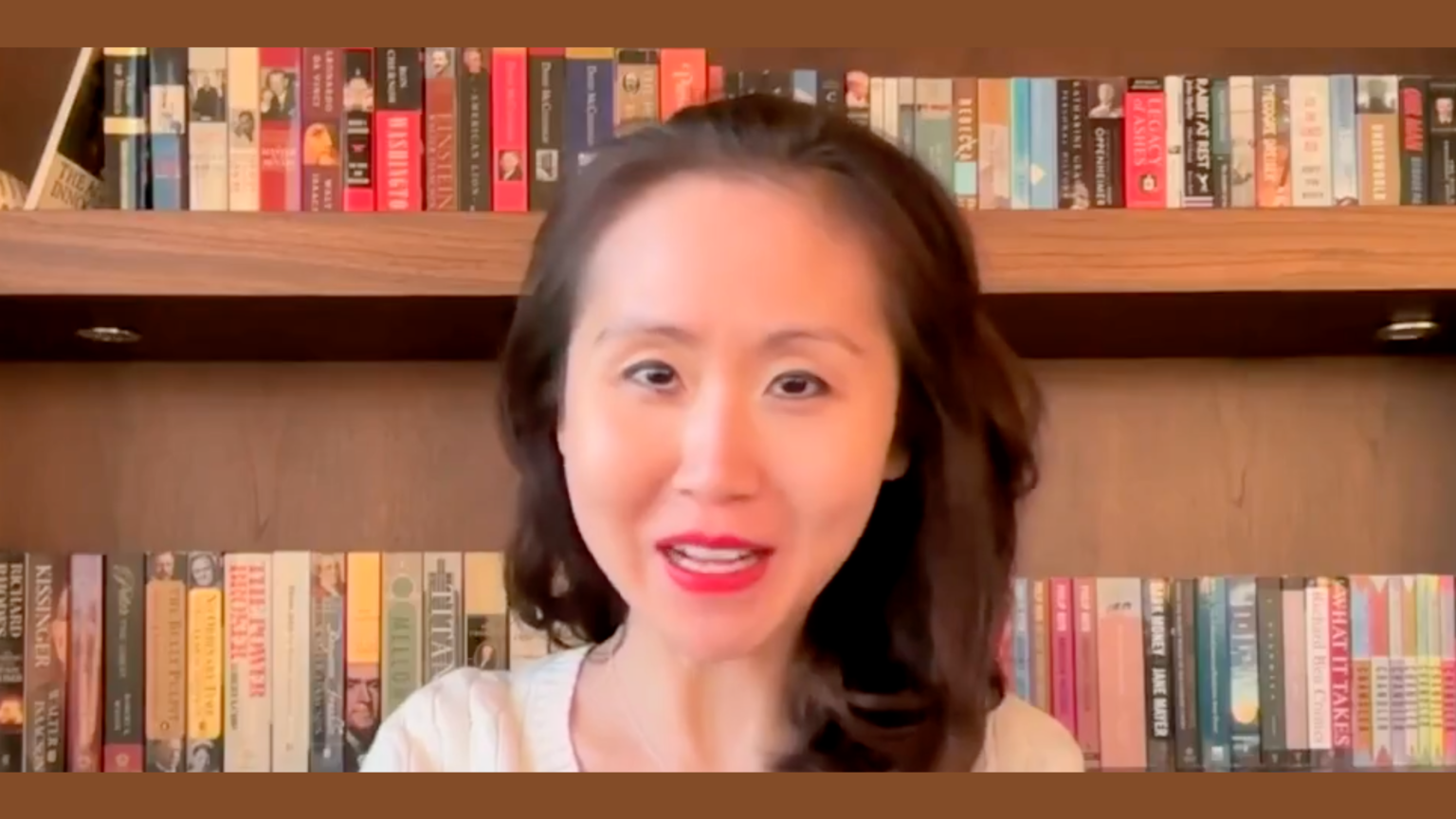In a recent appearance on News Nation, Democrat mega-donor Lindy Li shared her thoughts on President Trump’s nominee for Secretary of Defense, Pete Hegseth. Li, who has been associated with the Democratic National Committee (DNC) Finance Committee, presented a surprisingly positive assessment of Hegseth amidst ongoing criticism from the liberal media. She acknowledged the negative media portrayal fueled by various anonymous accusations aimed at Hegseth’s character, but asserted that personal interactions had lead her to view him more favorably. Her remarks highlighted the contrast between her position as a Democrat and the usual opposition against Trump’s nominees.
Li began her segment with an acknowledgment of her past interactions with Hegseth, noting that she is familiar with him through appearances on Fox & Friends and as a fellow Princeton graduate. Her statement, “I actually think he’s a pretty good guy,” was aimed at countering the narrative that Hegseth was unworthy of the nomination. By admitting her personal connections and expressing respect for Hegseth’s character, Li played an unusual role in a situation typically marked by partisan lines. She asserted the importance of fairness in her commentary, emphasizing the need to represent facts rather than succumbing to the prevalent partisan biases.
Despite broad speculation about Hegseth’s confirmation struggles, Li remained optimistic, describing him as a fighter and a resilient nominee. She recalled a conversation where Hegseth conveyed President Trump’s directive for him to be “tough,” suggesting that such a disposition would aid him in navigating the confirmation process. The exchange suggested that Li believes Hegseth possesses the qualities necessary to endure the scrutiny likely to arise from his nomination to a high-profile position in the administration.
Integral to Hegseth’s confirmation is Senator Joni Ernst (R-IA), who is perceived as a pivotal Republican vote. Li mentioned Ernst in her discussion, hinting at the uncertainty surrounding the senator’s support for Hegseth. While Ernst has been under pressure and criticism for her hesitance, she is slated to meet Hegseth soon to further deliberate her stance on his nomination. Li’s emphasis on Ernst’s role underscored a critical intersection of political dynamics that could ultimately influence Hegseth’s prospects.
The possibility of Hegseth’s confirmation depends not just on the internal party politics but also on voter sentiments reflected through direct outreach efforts. Trump supporters are mobilizing to contact Ernst’s office to express their opinions concerning Hegseth’s nomination. Such grassroots engagements mirror a broader trend in contemporary politics where constituents actively participate in influencing legislative decisions, showcasing the power of public opinion and lobbying in the confirmation process of presidential nominees.
In summary, while Lindy Li’s comments may seem unexpected given her Democratic affiliations, they illustrate the complexity of political discourse in the current climate. The interaction emphasizes both the challenges and opportunities facing Trump’s nominees and speaks to the nuanced perspectives that can exist across party lines. Li’s reflections on Hegseth, alongside the significant role of influential senators like Ernst, highlights the intricate web of interpersonal relationships, media narratives, and constituent activism that characterizes the American political landscape today.

